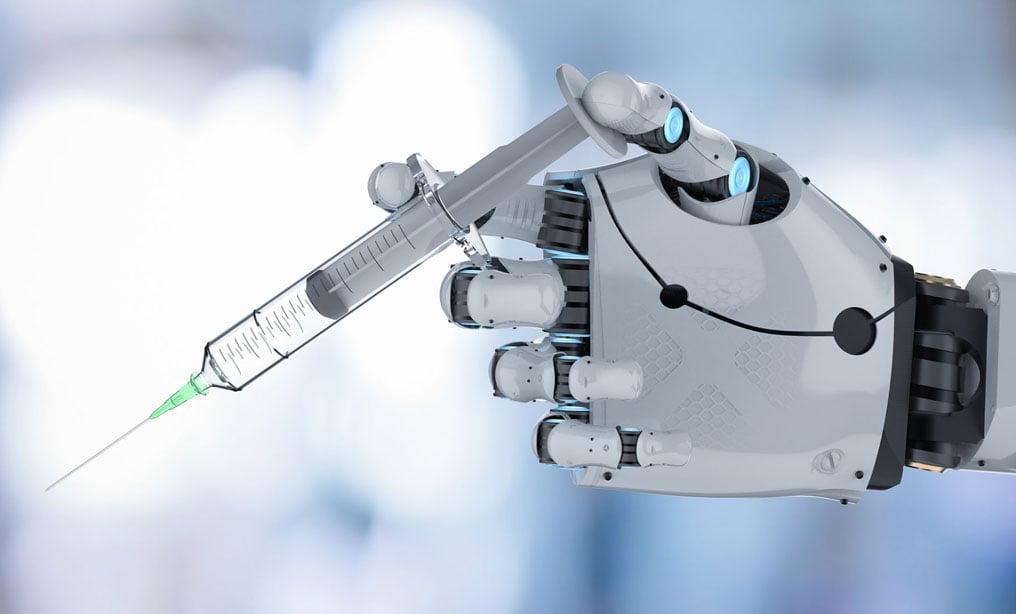 Drugs designed with the help of artificial intelligence (AI) are now entering clinical trials. Jane Wakefield, Artificial intelligence-created medicine to be used on humans for first time, BBC (Jan. 30, 2020). That important milestone has initiated widespread discussion of a brave new world in which computers will “invent” medicines. Such dramatic discussions, however, misapprehend both the U.S. legal framework and the nature of drug discovery: HAL9000 cannot be an inventor under current U.S. patent law. These discussions also ignore a more pressing problem: There are at least three patent law doctrines—obviousness, written description, and enablement—that AI actually can change. This article separates the myth from the reality of how AI will impact life sciences patent law, and offers practical tips to practitioners seeking to protect drug patents against future AI-related challenges.
Drugs designed with the help of artificial intelligence (AI) are now entering clinical trials. Jane Wakefield, Artificial intelligence-created medicine to be used on humans for first time, BBC (Jan. 30, 2020). That important milestone has initiated widespread discussion of a brave new world in which computers will “invent” medicines. Such dramatic discussions, however, misapprehend both the U.S. legal framework and the nature of drug discovery: HAL9000 cannot be an inventor under current U.S. patent law. These discussions also ignore a more pressing problem: There are at least three patent law doctrines—obviousness, written description, and enablement—that AI actually can change. This article separates the myth from the reality of how AI will impact life sciences patent law, and offers practical tips to practitioners seeking to protect drug patents against future AI-related challenges.
Computers Cannot Currently Be Inventors as Either a Legal or Practical Matter. Current U.S. patent law assumes that an inventor must be a human being. The U.S. Constitution, for example, grants Congress the power to “promote the progress of science and useful arts, by securing for limited times to authors and inventors the exclusive right to their respective writings and discoveries.” U.S. Const. Art. I, §8, Cl. 8 (emphasis added). The Patent Act also refers repeatedly to “persons”. See, e.g., 35 U.S.C. §116. These assumptions are not unique to American law. The University of Surrey recently submitted two patent applications to the European and United Kingdom Patent Offices naming an AI system as an inventor on two product patents. Those applications were rejected on the grounds that European law requires an inventor to be a natural person. EPO refuses DABUS patent applications designating a machine inventor, EPO (Dec. 20, 2019).






